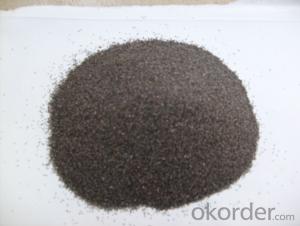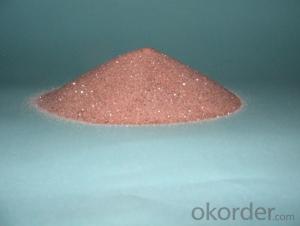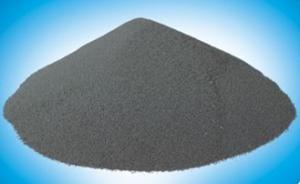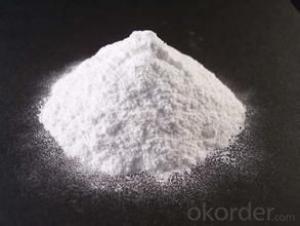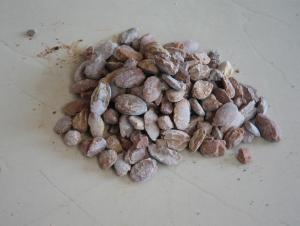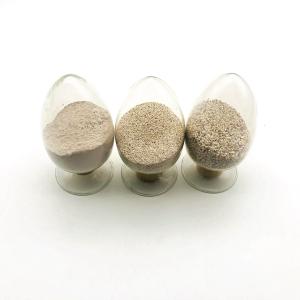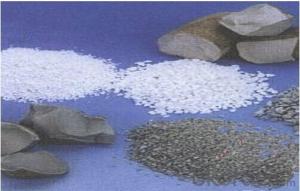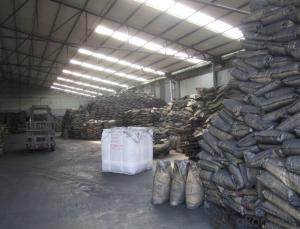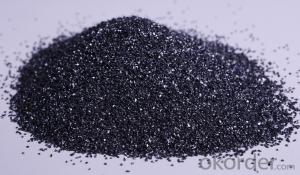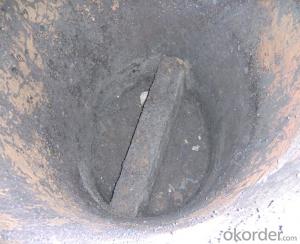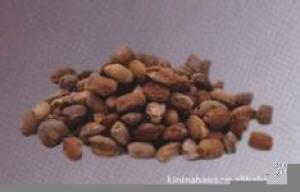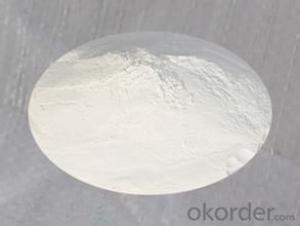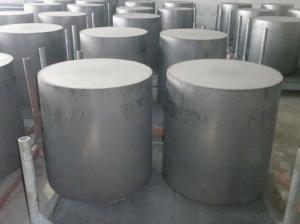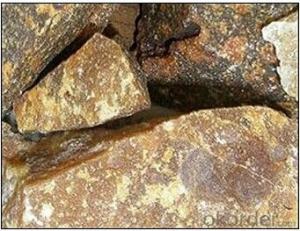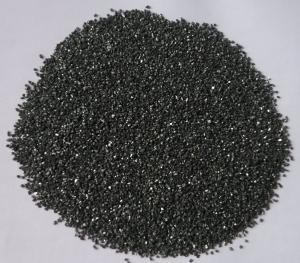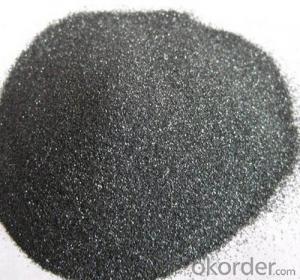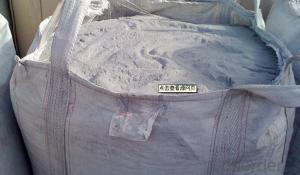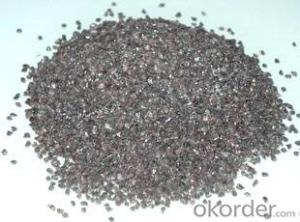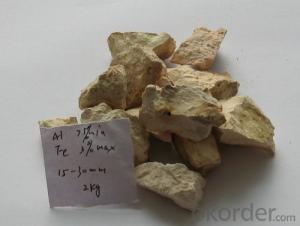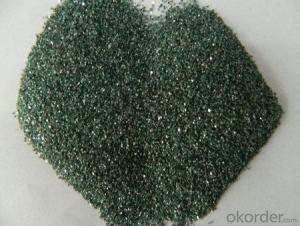All Categories
- - Steel Wire Rod
- - Steel Coils
- - Steel Profiles
- - Steel Pipes
- - Stainless Steel
- - Tinplate
- - Special Steel
- - Steel Sheets
- - Steel Rebars
- - Steel Strips
- - Hot Rolled Steel
- - Cold Rolled Steel
- - Pre-painted Steel
- - Seamless Steel Pipe
- - Welded Steel Pipe
- - Hollow Steel Tubes
- - Galvanized Pipe
- - Stainless Steel Coil
- - Stainless Steel Sheet
- - Stainless Steel Plate
- - Stainless Steel Strips
- - Electrolytic Tinplate Coil
- - Electrolytic Tinplate Sheet
- - Stainless Steel Rebars
- - Solar Panels
- - Solar Water Heater
- - Solar Related Products
- - Solar Inverter
- - Solar Cells
- - Solar Light
- - Solar Energy Systems
- - Solar Controllers
- - Solar Mounting System
- - Solar Pump
- - Solar Chargers
- - Fiberglass Chopped Strand
- - Fiberglass Mesh Cloth
- - Composite Pipes
- - FRP Pultrusion Profiles
- - Fiberglass Mat Tissue
- - Fiberglass Fabrics
- - Fiberglass Mesh
- - Composite Tank
- - Fiberglass Mesh tape
- - Polymer
- - FRP Roofing Panel
- - Fiberglass Roving
- - Monolithic Refractories
- - Ceramic Fiber Products
- - Refractory Bricks
- - Raw Materials For Refractory
- - Suspended Platform
- - Cranes
- - Concrete Machinery
- - Earthmoving Machinery
- - Building Hoist
- - Road Building Machinery
- - Plastic Pipe Fittings
- - Plastic Tubes
- - Plastic Sheets
- - Agricultural Plastic Products
- - Plastic Nets
Q & A
What are the properties and applications of high-temperature refractories, including ultra-high-temperature materials?
High-temperature refractories possess exceptional heat resistance and thermal stability, allowing them to withstand extreme temperatures and harsh environments without significant structural degradation. These materials exhibit properties such as high melting points, low thermal expansion, excellent chemical resistance, and good mechanical strength at elevated temperatures.
The applications of high-temperature refractories are diverse and crucial in industries that operate at high temperatures, such as iron and steel, glass, cement, ceramics, and petrochemicals. They are used in the construction of furnaces, kilns, incinerators, and reactors, providing insulation, containment, and protection against thermal shock and corrosion. High-temperature refractories are also employed in aerospace, defense, and research fields, where ultra-high-temperature materials are required for applications like hypersonic vehicles, rocket nozzles, and plasma-facing components in fusion reactors.
What is the purpose of cerium oxide nanoparticles in refractory materials?
Cerium oxide nanoparticles are used in refractory materials to enhance their thermal stability and mechanical strength. These nanoparticles act as a catalyst, promoting the formation of a protective layer on the surface of refractory materials, which improves their resistance to high temperatures, corrosion, and oxidation. Additionally, cerium oxide nanoparticles can also help in reducing the sintering temperature of refractory materials, making them more cost-effective and energy-efficient.
How is magnesia obtained and processed for refractory production?
Magnesia, also known as magnesium oxide, is obtained through the mining and processing of natural magnesite or dolomite ores. The extraction process involves crushing, grinding, and heating the raw material to a high temperature, typically above 1000 degrees Celsius, in a rotary kiln or shaft furnace.
Once the magnesia has been extracted, it goes through several processing steps to achieve the desired quality and properties for refractory production. These steps may include purification, calcination, and hydration. Purification removes impurities to enhance the purity of the magnesia, while calcination involves further heating to optimize its crystal structure and increase its refractoriness.
Hydration, on the other hand, is a process where magnesia is mixed with water to form magnesium hydroxide. This hydrated form is then dried and milled to produce fine particles, which can be used for various refractory applications.
Overall, the extraction and processing of magnesia for refractory production involve a series of steps such as mining, crushing, heating, purification, calcination, hydration, and milling. These processes ensure the production of high-quality magnesia with excellent refractory properties suitable for various industrial applications.
What are the advantages of using synthetic refractory raw materials?
There are several advantages of using synthetic refractory raw materials. Firstly, synthetic materials have consistent and predictable properties, ensuring reliable performance in high-temperature applications. Secondly, they can be tailored to specific requirements, allowing for customization and optimization of refractory products. Additionally, synthetic raw materials tend to have higher purity levels, reducing impurities and enhancing their resistance to chemical attacks. Lastly, synthetic refractory raw materials often have improved thermal stability, making them more durable and long-lasting compared to natural alternatives.
Wholesale Raw Materials For Refractory from supplier in Ukraine
Our team of experts is highly knowledgeable about the refractory industry and can provide you with the best solutions tailored to your specific needs. We understand the importance of quality and reliability in your operations, and we strive to deliver products that meet the highest standards.
We work closely with our clients to understand their requirements and provide them with the most suitable raw materials for their refractory applications. Our extensive network of suppliers allows us to source high-quality materials at competitive prices, ensuring cost-effectiveness for our clients.
Furthermore, we offer efficient logistics and timely delivery to ensure that your operations run smoothly. We understand the importance of meeting deadlines and strive to provide reliable and on-time delivery of our products.
Our commitment to customer satisfaction goes beyond just supplying raw materials. We offer ongoing technical support and assistance, helping you optimize your processes and achieve the best results. Our team of experts is always available to answer any queries and provide guidance whenever needed.
By choosing us as your supplier of raw materials for refractory in Ukraine, you can benefit from our expertise, extensive product range, competitive prices, and excellent customer service. Contact us today to discuss your requirements and find out how we can assist you in your projects.
We work closely with our clients to understand their requirements and provide them with the most suitable raw materials for their refractory applications. Our extensive network of suppliers allows us to source high-quality materials at competitive prices, ensuring cost-effectiveness for our clients.
Furthermore, we offer efficient logistics and timely delivery to ensure that your operations run smoothly. We understand the importance of meeting deadlines and strive to provide reliable and on-time delivery of our products.
Our commitment to customer satisfaction goes beyond just supplying raw materials. We offer ongoing technical support and assistance, helping you optimize your processes and achieve the best results. Our team of experts is always available to answer any queries and provide guidance whenever needed.
By choosing us as your supplier of raw materials for refractory in Ukraine, you can benefit from our expertise, extensive product range, competitive prices, and excellent customer service. Contact us today to discuss your requirements and find out how we can assist you in your projects.
Hot Search
- Monolithic Refractories in Singapore
- Ceramic Fiber Products in Turkey
- Refractory Bricks in Israel
- Raw Materials For Refractory in Niger
- Ceramic Fiber Products in Georgia
- Refractory Bricks in Mali
- Monolithic Refractories in Seychelles
- Monolithic Refractories in Bolivia
- Raw Materials For Refractory in Sudan
- Refractory Bricks in South Africa
